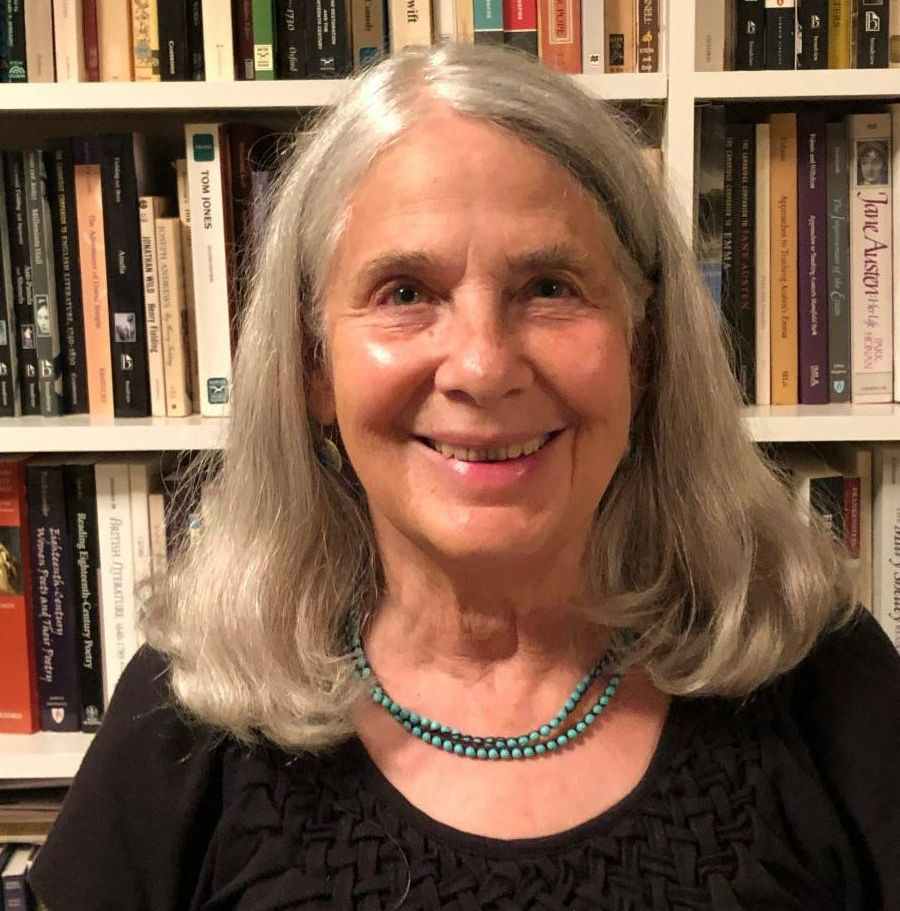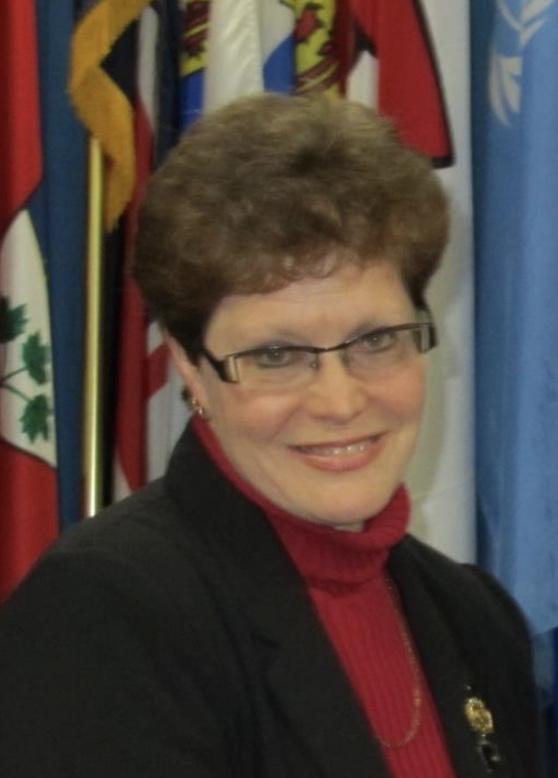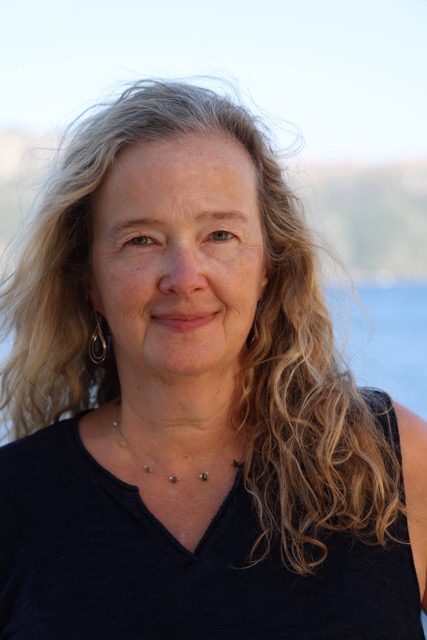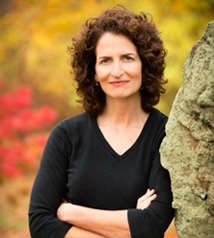2023-2024 Meetings
These meetings were held between the fall of 2023 and the spring of 2024.

Sunday, September 10, 2023
2 pm, Charles River Museum of Industry and Innovation
and also on Zoom.

Pamela Bromberg
Charlotte Smith: Poet, Novelist, Radical
This talk offers an introduction to Charlotte Smith's life and works, both her poetry and her fiction, including Emmeline (1788), Celestina (1791), Desmond (1792),
and The Old Manor House (1793), with comparisons to Austen's novels. Smith (1749–1806) began her prolific career as a very successful poet with the publication in 1784
of Elegiac Sonnets, to wide acclaim.
Though she was born into a prosperous country gentry family, the pressures of a disastrous marriage and financial ruin contributed to
Smith's transformation into a political radical. During their lifetimes, Smith was far better known and more successful as a writer than Austen was. We know from her Juvenilia
that a teen-age Jane Austen found Smith's Emmeline delightful, as attendees will no doubt find this presentation.
Simmons University Professor Emerita Pam Bromberg began her academic career as a Blake scholar and has migrated over the years to teaching and scholarly work on a broad variety
of writers, including Jane Austen, Virginia Woolf and Henry Fielding, as well as contemporary women and post-colonial novelists, among them Margaret Drabble, Margaret Atwood,
Lillian Hellman, and Nigerian writer Buchi Emecheta.
She has contributed essays on teaching Austen's Pride and Prejudice, Emma and Mansfield Park to the MLA's Approaches to Teaching volumes.

Sunday, October 22, 2023
2 pm, Charles River Museum of Industry and Innovation

Carole Thompson
Cast out and Taken In - Exploring Despair and Disparity
in Jane Austen's Sense and Sensibility –
and in the Present Day
In her novels, Jane Austen has encouraged us to believe pride and prejudice (and sense and sensibility) are intricately intertwined.
I suggest that despair and disparity are equally related, particularly in Sense and Sensibility.
This presentation will focus on how disparity, based on exclusionary societal constructs which protect
financial security, social position, and power for a privileged few (while marginalizing others within society) leads to despair.
Carole Thompson is a past Nova Scotia Regional Secretary and member, Planning and Bylaws committees, and is
JASNA Canada Nominating Committee Chair. She has presented workshops and lectures to regional and international audiences
on "The Importance of Having Lavender for Jane Austen's Characters, Family Members, and Modern-day Fans"
"200 Years Later: Reliving the Regency Ball" and "Cast Out and Taken In: Exploring Despair and Disparity in Sense and Sensibility and in the Present Day."

Sunday, December 3, 2023
on Zoom only

Inger S. B. Brodey
Hastening together to perfect felicity,
or
How Happy are Jane Austen's Endings Anyway?
Inger S. B. Brodey is an award-winning professor at the University of North Carolina at Chapel Hill, where she teaches Global Jane Austen among other courses. She's
the founder and director of the annual Jane Austen Summer Program JaneAustenSummer.org
and co-host of the Jane Austen and Co. web series (jaandco.org).
As far as her JASNA involvement,
she has served on the board of directors of JASNA, twice been a traveling lecturer, and twice been the JASNA North American Scholar lecturer at an AGM. In June 2024,
she has a book coming out from Johns Hopkins University Press called Jane Austen and the Price of Happiness. You can read more about her at www.ingerbrodey.com

Sunday, March 17, 2024
2 pm, Charles River Museum of Industry and Innovation

Charlotte Gordon
Mothers and Daughters:
Mary Wollstonecraft, Mary Shelley, and Jane Austen
Mary Wollstonecraft, the author of A Vindication of the Rights of Woman, died ten days after her daughter Mary Shelley was born.
Though Shelley never knew her mother, she dedicated her life to fulfilling Wollstonecraft's dreams,
writing Frankenstein and other works that upheld the ideals of women's independence.
Jane Austen was also deeply influenced by Wollstonecraft's principles, so much so that some critics refer to her
as Wollstonecraft's "other daughter". Like Shelley, Austen places Wollstonecraft's ideas at the center of her work,
but, unlike Shelley, she was careful to cover her tracks.
Charlotte Gordon has published six books and her essays have appeared in The New York Times, The Wall Street Journal, Slate, The Washington Post,
The Cambridge Companion to Early American Poetry and Harvard Magazine.
She has been awarded a grant from the National Endowment for the Humanities to write her new book, The Talk Circuit: Feuds, Friendships, and the Origins of the Women's Movement.
Her most recent book is Mary Shelley: A Very Short Introduction. Her previous book is Romantic Outlaws: The Extraordinary Lives of Mary Wollstonecraft and Mary Shelley.
A graduate of Harvard College, she received a master's degree in creative writing and a Ph.D. in history and literature from Boston University. Currently, she is the Distinguished Professor of Humanities at Endicott College.

Sunday, May 5, 2024
2 pm, Charles River Museum of Industry and Innovation
Marsha Huff
Austen and Vermeer, Fellow Artists
Reviewing the novel Emma in 1816, Walter Scott compared Jane Austen's work to the genre painting of 17th-century Flemish masters.
This presentation examines a dozen paintings by Johannes Vermeer and pairs seven of them with passages from Austen's
novels to illustrate the comparable manner in which the two artists depicted the lives of women.
Marsha Huff is an attorney specializing in nonprofit organizations. She was co-coordinator of the 2005 AGM in Milwaukee and President
of JASNA 2006-2010. Marsha was a breakout speaker at the 2019 AGM in Williamsburg and the 2021 AGM in Chicago. Her essay "Sir Thomas Bertram and the Slave Trade"
is in the summer 2021 issue of Persuasions On-Line.
Marsha Huff is the Avery Fund speaker for the 2023-2024 season.
|
Return to Main Page
Copyright 2010-2024 Jane Austen Society of North America, Massachusetts Region
Contact the Webmaster
| |